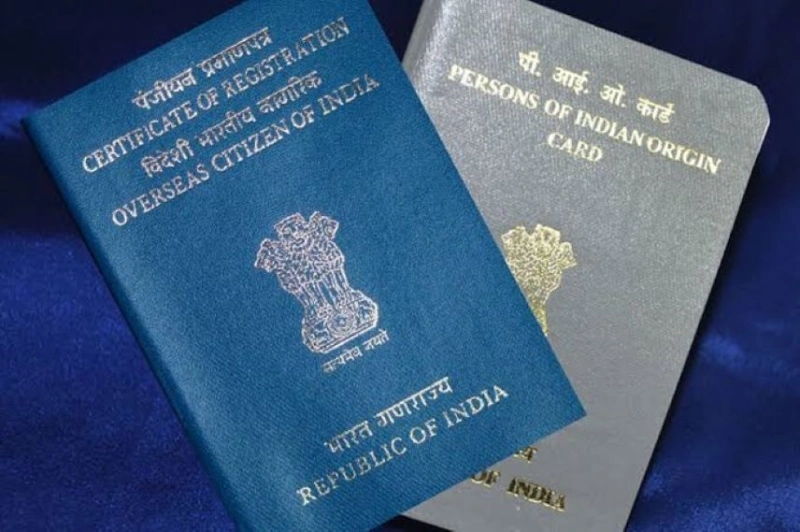 WhatsApp
WhatsApp
 Call Us
Call Us
 Email Us
Email Us
 Whatsapp Community
Whatsapp Community

In India, the Constitution strictly prohibits the simultaneous holding of Indian citizenship and foreign citizenship. However, it's noteworthy that some countries recognize individuals as citizens even if they possess dual citizenship.
In response to this unique challenge, the Government of India introduced the Overseas Citizenship of India (OCI) program in 2005. This initiative specifically caters to Persons of Indian Origin (PIOs) falling within certain categories who migrated from India and acquired citizenship in a foreign country (excluding Pakistan and Bangladesh).
Eligibility for OCI hinges on the key criterion that an individual's home country must allow some form of dual citizenship under its relevant national laws.
Unlike residents of India, Overseas Citizens of India do not possess certain political rights, such as the right to vote or be elected to offices like Lok Sabha, Rajya Sabha, Legislative Assembly, or Council. They are also ineligible for constitutional positions such as the President, Vice-President, or Judge of the Supreme Court/High Court.
Nevertheless, registered OCI holders enjoy several important benefits:
Multiple Entries: OCI cardholders have the privilege of multiple entries into India throughout their OCI status validity period. This means they can freely enter and exit India without the need for a visa.
Exemption from Reporting: Unlike PIOs, OCI cardholders are not obliged to register with local police authorities, regardless of their duration of stay in India.
Financial, Economic, and Educational Rights: OCI status grants individuals the ability to open bank accounts, acquire property (with the exception of agricultural land or farmhouses), and apply for admission to Indian educational institutions. They also benefit from parity with Non-Resident Indians (NRIs) in economic, financial, and educational matters. Additionally, they have the right to adopt a child under the guidelines set by the Central Adoption Resource Authority (CARA).
It's important to note that an OCI card must be re-issued each time the cardholder obtains a new passport up to the age of 20. After reaching 50 years of age, re-issuance is required once upon acquiring a new passport. However, for cardholders between 21 and 50 years old, re-issuance is not mandatory upon receiving a new passport.
Furthermore, individuals registered as OCIs for at least 5 years and residing in India for 1 year out of those 5 years become eligible to apply for Indian Citizenship. However, upon gaining Indian citizenship, they must surrender any other citizenship they may hold, in contrast to PIOs







Stay in the loop, subscribe to our newsletter and unlock a world of exclusive updates, insights, and offers delivered straight to your inbox.